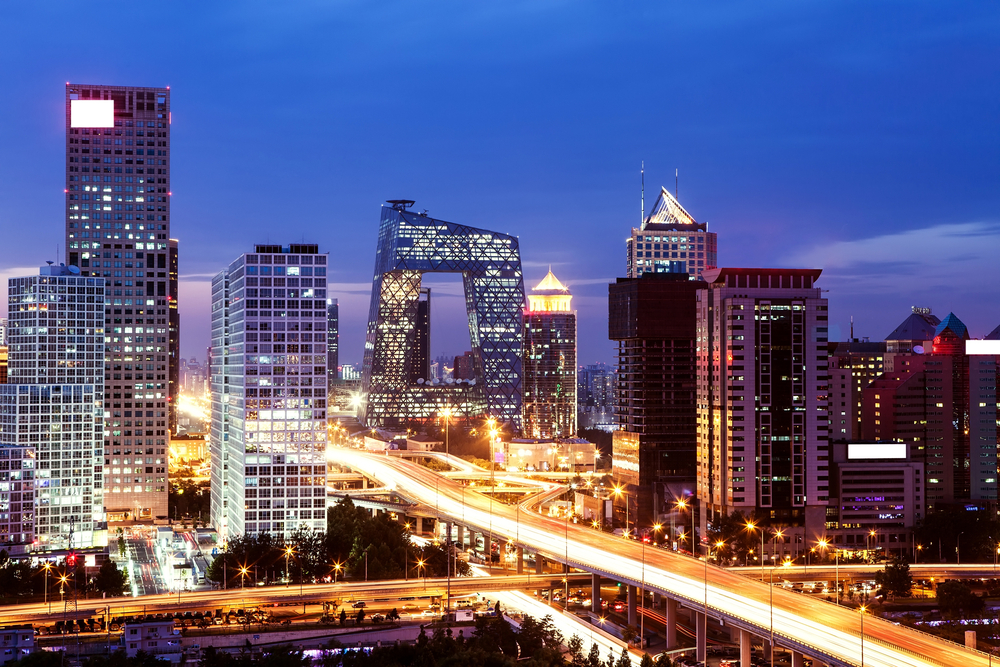
BEIJING—Chinese leaders have affirmed their commitment to a “new normal” of slower economic growth next year and promised to promote market-oriented reforms and help the poor.
An official statement Friday following an annual planning meeting led by President Xi Jinping gave no growth target for 2015. But private sector economists expect it to be lowered to 7 per cent from the 7.5 per cent level of recent years.
The statement listed five goals, including keeping the economy stable and finding new sources of growth, making industry more efficient, speeding up agricultural development and raising incomes. It warned China faces “downward pressure” on growth due to weak global demand and “increasing difficulties for business.”
The plan is the latest stage in efforts by communist leaders to steer the world’s second-largest economy to more sustainable, environmentally friendly growth based on domestic consumption and technology instead of trade and investment.
Growth tumbled to a five-year low of 7.3 per cent in the quarter ending in September, barely half the 14.2 per cent high of 2007. Chinese leaders have expressed confidence they can manage the slowdown but, in a sign they might worry it is deepening too sharply, unexpectedly cut interest rates Nov. 22 in an effort to prop up growth.
China must “understand the new normal, adjust to the new normal and develop under the new normal,” said the statement.
The phrase “new normal” became an official catchphrase after Xi used it in May to describe the transition to slower growth. The official Xinhua News Agency noted he was invoking a term first popularized by Pimco, the giant U.S.-based bond fund manager, to describe slower global growth after the 2008 crisis.
Analysts say the Chinese leadership is comfortable with slower growth so long as the economy generates enough new jobs to avert a spike in unemployment and possible unrest.
“We believe these considerations will lead the government to set a slightly lower 7 per cent GDP growth target for 2015, and refrain from using major stimulus policies,” said UBS economists Tao Wang and Harrison Hu in a report.
Beijing is likely to encourage oil imports to take advantage of lower global prices while also promoting outbound investment and trade via its new “Silk Road” initiatives to expand transport links with China’s neighbours, said Wang and Hu.
The leadership under Xi has promised to give market forces and entrepreneurs a bigger role in the state-dominated economy and to open more industries to private competition. But they have yet to make major changes, which has prompted suggestions reforms face resistance within the ruling party to efforts to reduce the monopolies and other privileges of state industry.
In a sign of economic weakness, customs data this week showed November export growth tumbled and imports contracted unexpectedly, suggesting domestic demand is anemic.
Analysts expect reforms over the coming year to focus on reducing excess production capacity in industries including steel and overhauling energy policy to promote conservation.
Chinese leaders “acknowledged over-capacity among traditional industries” and “unsustainable environmental damage,” said Citigroup economists Minggao Shen and Shuang Ding in a report.
Chinese leaders also will need to wrestle with heavy debts owed by local governments and state companies that have prompted unease about the health of the state-owned banking system if slower economic growth causes a rise in defaults.